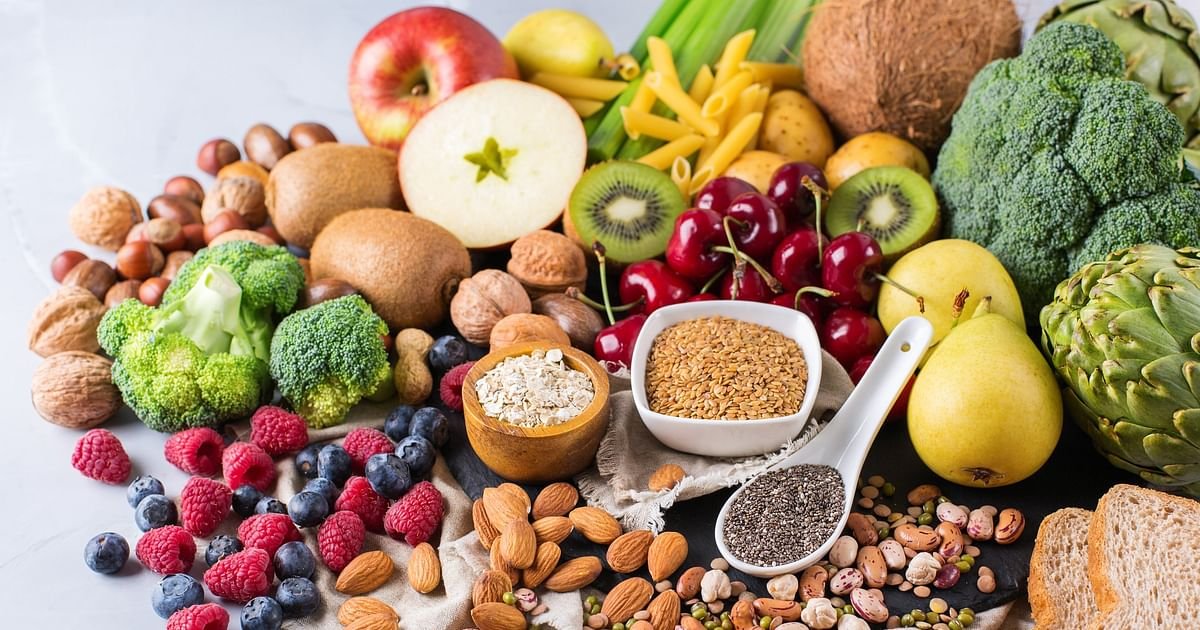The Indian Council of Medical Research (ICMR) and the National Institute of Nutrition (NIN) have released updated dietary guidelines aimed at promoting healthier eating habits and preventing non-communicable diseases (NCDs) among Indians. .
A multidisciplinary expert committee headed by Dr. Hemalatha R, Director, ICMR-NIN, has developed these guidelines, called Dietary Guidelines for Indians (DGI), to address the nutritional challenges faced by Indians. We have created guidelines.
The main recommendations are:
-
Avoid taking protein supplements for weight gain, limit salt intake, reduce sugar consumption, and minimize intake of ultra-processed foods. The guidelines recommend reading food labels carefully and making informed food choices.
-
The DGI emphasizes the importance of balanced nutrition, stating that intake from cereals and grains should not exceed 45 percent of total calories, and legumes, legumes, and meat should contribute up to 15 percent of caloric intake. I am proposing it. The rest should consist of nuts, vegetables, fruits and milk.
-
The guidelines warn against long-term consumption of protein powders and high-protein concentrates, citing potential risks such as bone mineral loss and kidney damage.
This recommendation also addresses specific demographic groups.
-
pregnant woman: Encourage small, frequent meals rich in iron and folic acid, mainly fruits and vegetables.
-
infants and children: Breastfeed exclusively for the first 6 months, avoid honey, glucose, or diluted milk, then introduce complementary foods.
-
Elderly: Protein-rich foods, calcium intake, and regular exercise to maintain bone density and muscle mass.
According to the guidelines, low intake of essential nutrients can disrupt metabolism and increase the risk of insulin resistance and related diseases from a young age. Estimates reveal that 56.4 per cent of the total burden of disease in India is attributable to unhealthy diet. The authors found that a healthy diet combined with physical activity can significantly reduce the incidence of coronary heart disease (CHD) and hypertension (HTN), and even prevent type 2 diabetes by up to 80%. I’m pointing it out.
“A significant proportion of premature deaths can be avoided by following a healthy lifestyle,” the report emphasizes.
Additionally, rapidly increasing consumption of highly processed foods rich in sugar and fat, combined with decreased physical activity and limited access to a variety of foods, are exacerbating micronutrient deficiencies and contributing to obesity. He also pointed out that
(With PTI input)
issued May 10, 2024, 12:59 IST

